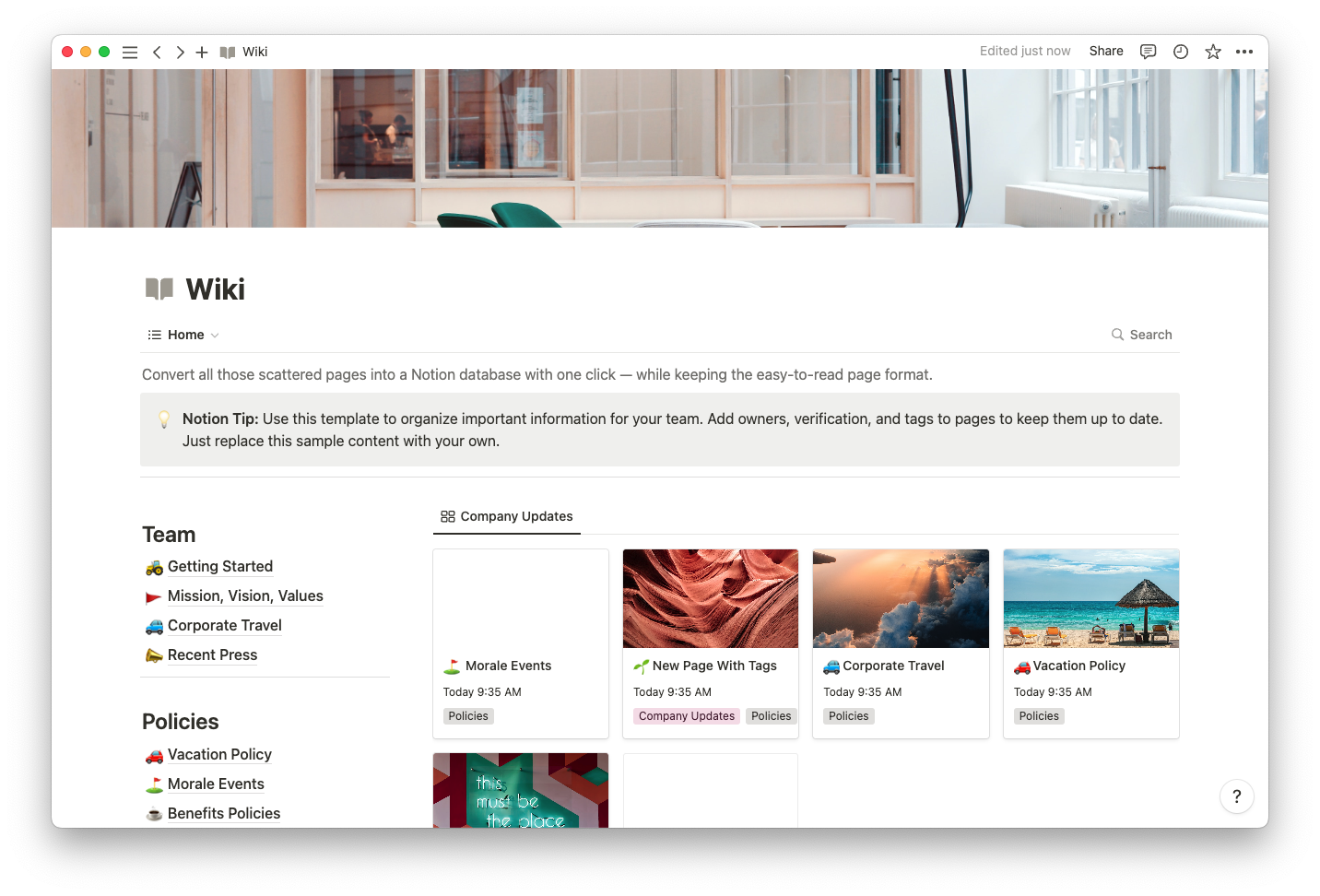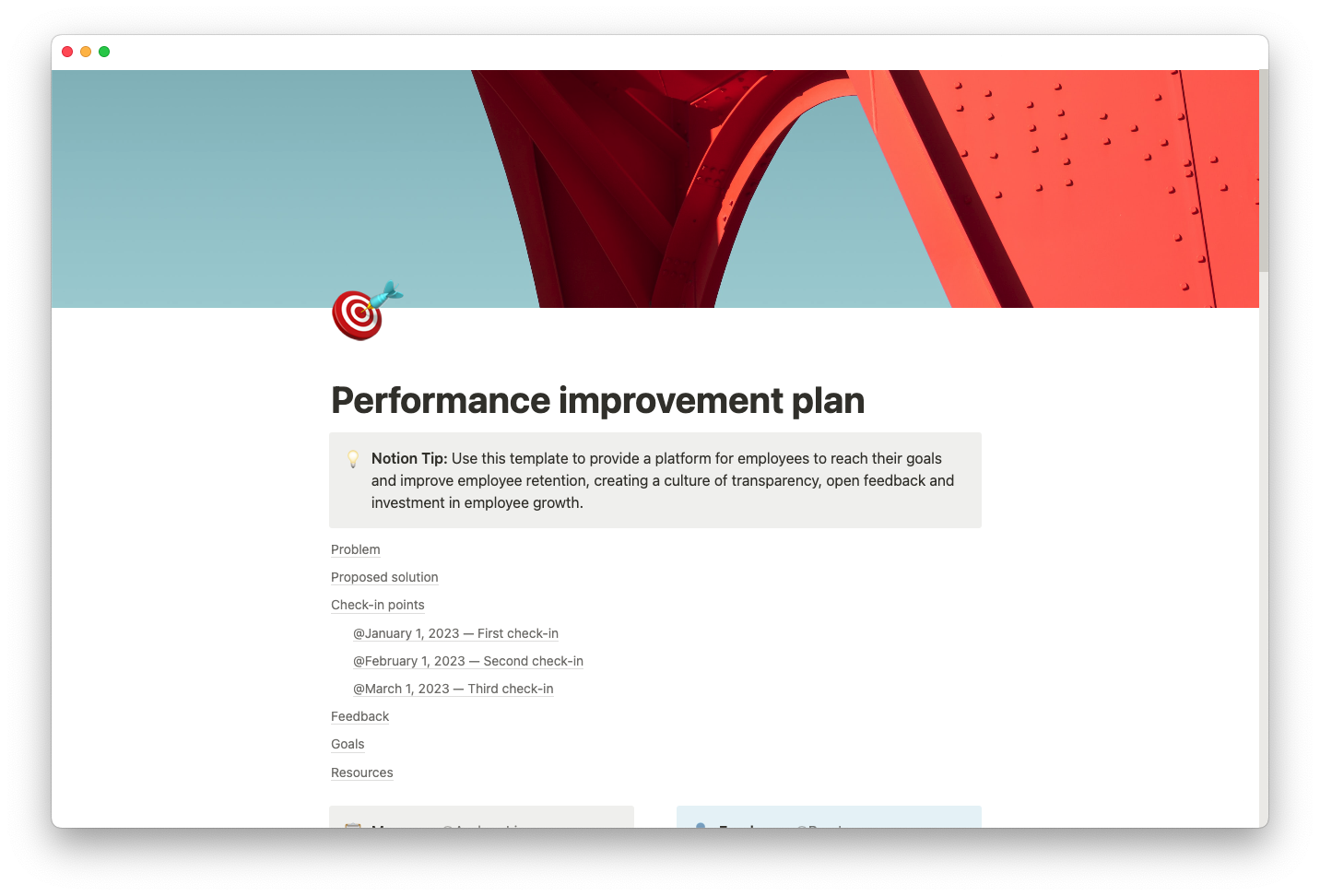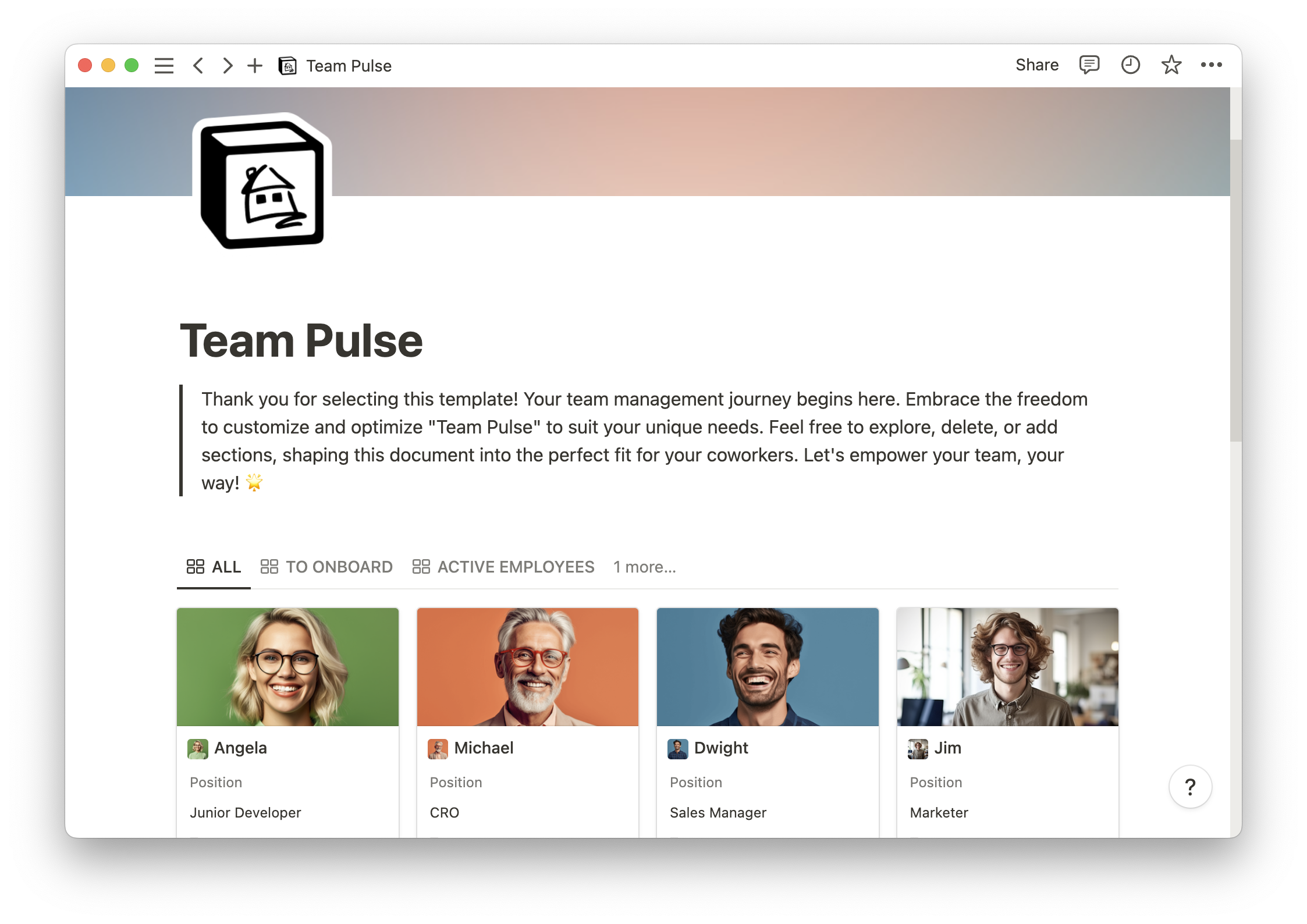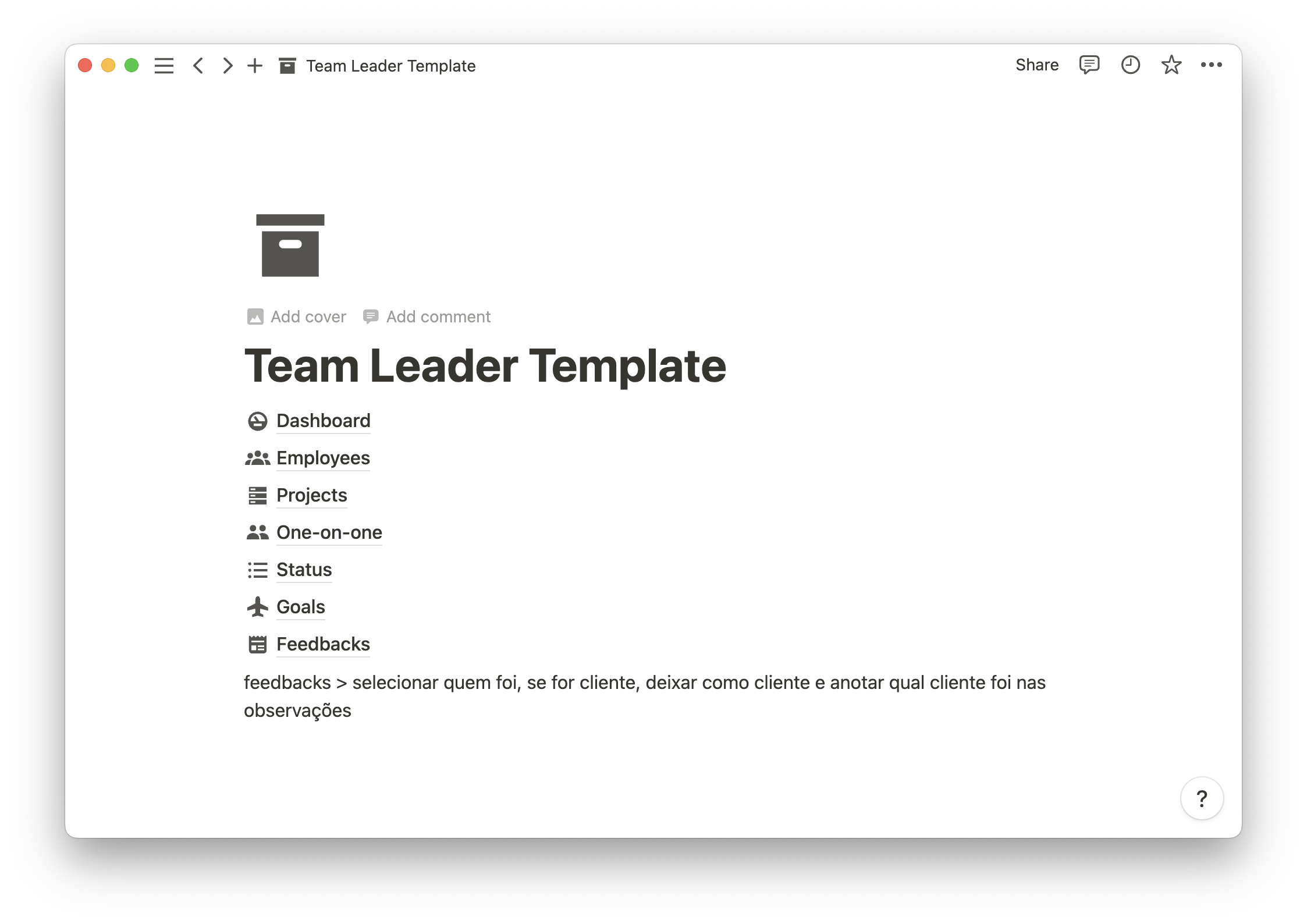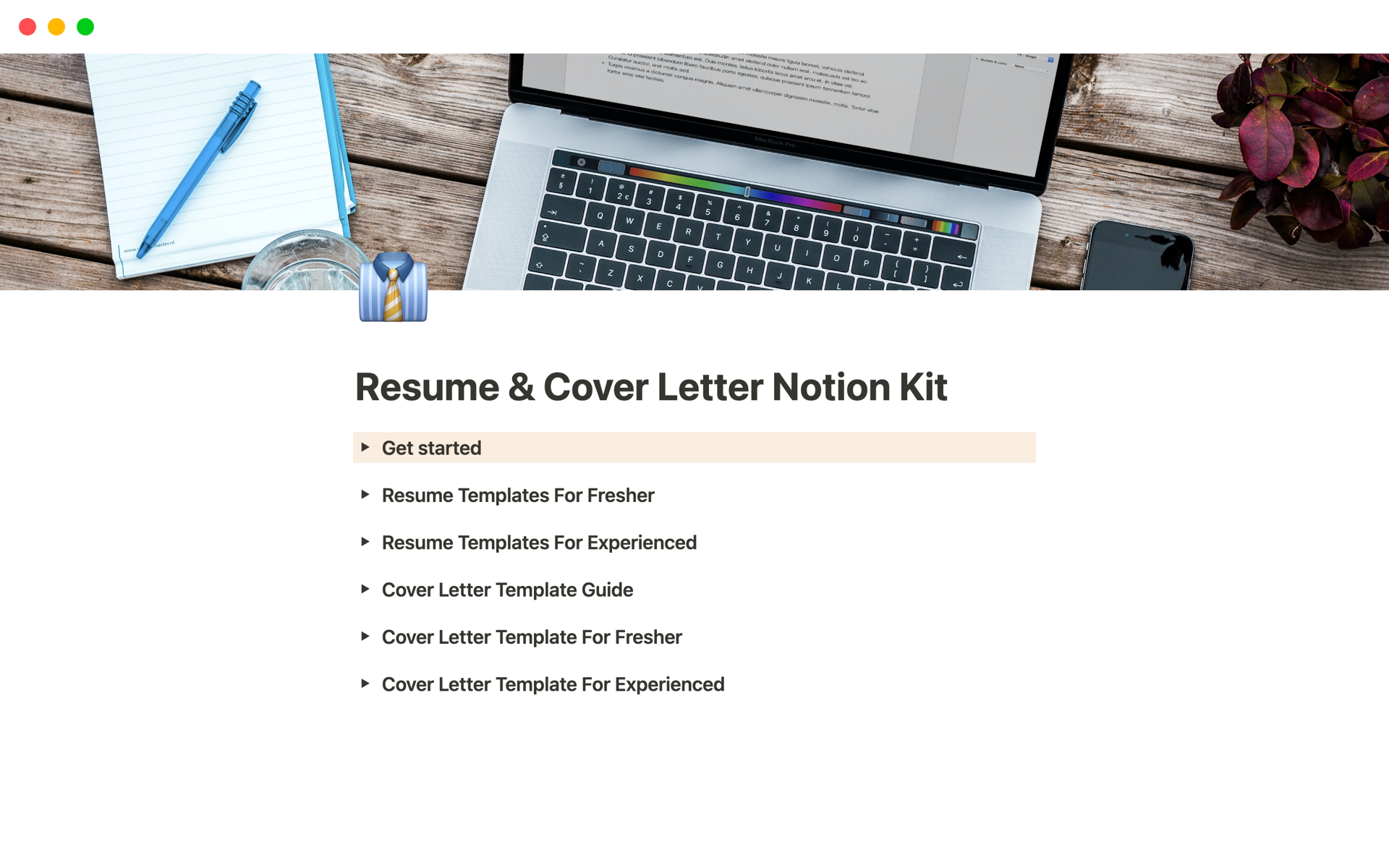We all have days where our to-do list overwhelms our time management skills.
And, while many people constantly develop their technical skills, soft skills — like organization — fall out of focus. But clutter and disorganization cost you time and money.
The ability to manage your workflow effectively and fulfill deadlines results from organizational skills. Taking 10–12 minutes to plan your schedule can save you up to two hours throughout the day. Doing more with less and being more productive are all benefits of improving your organizing and planning skills, so let's review how to get organized.
What are organizational skills?
Organizational skills are what you need to execute daily tasks effectively, allowing you to manage your time, workflows, and resources. These skills are the foundation of efficient work habits and are pivotal in achieving goals, meeting deadlines, and ensuring nothing falls through the cracks.
These proficiencies are considered soft skills, which are personal attributes, behaviors, and qualities that enhance an individual's overall effectiveness in professional and personal settings. Unlike hard or technical skills — job-specific and teachable through formal education or training — soft skills are relevant and valuable in nearly any career and often developed through life experiences, social interactions, and personal growth.
Effective communication, for example, is vital for teamwork and collaborative jobs, regardless of your profession. Whether you're an engineer explaining a complex design, a teacher conveying a lesson, or a manager leading a team, your capacity to communicate clearly and empathetically is key to maintaining good relationships with your peers.
Organization is the same — it helps you remain reliable and supportive to your team members, making sure everything is done well and on time.
The value of great organizational skills
In an 8-hour workday, a typical employee spends only half of it actively working. The other 50% of the day and procrastination, which costs valuable company and individual resources. Improving your organizational abilities helps you minimize these time-wasting factors and reclaim a significant portion of that lost time.
Professional life
The significance of organizational skills in the professional environment cannot be overstated. They're your ticket to success because:
Employers value individuals who can reliably meet deadlines, communicate effectively, and keep projects on track
Organized professionals better handle complex tasks, adapt to changing priorities, and make informed decisions
Being organized can set you apart in a competitive job market, positioning you as a reliable and efficient candidate with strong decision-making capacities
Personal life
More personally, strong organizational skills can improve your quality of life, making the difference between chaos and harmony. They help you:
Maintain a balanced and stress-free routine
Manage your work, household chores, and social life without feeling overwhelmed
Find time for the things that matter most to you, like spending quality time with your family, pursuing hobbies, and enjoying well-deserved relaxation
Reduce clutter in your workspace, eliminate forgetfulness, and enhance your overall well-being
8 organizational skills to boost your productivity
Let's explore some organizational skills examples that can benefit you in both your personal and professional life:
1. Time management
Planning ahead allows you to use your time effectively to achieve your goals. Learning to set priorities, , and eliminate time-wasting activities to prevent procrastination ensures you meet deadlines consistently.
2. Goal setting
Establishing clear, achievable objectives guides your focus to the work that matters most, providing direction, motivation, and a sense of purpose. You can track progress and celebrate achievements by setting specific, measurable, attainable, relevant, and time-bound (SMART) goals.
3. Strategic planning
Planning is all about developing a long-term vision and creating a series of short-term steps to achieve it. You’ll craft a , identify potential obstacles, and outline the necessary steps to reach your goals without roadblocks.
4. Task prioritization
Identifying and focusing on the most critical tasks you must complete will prevent feeling overwhelmed by a mountain of responsibilities. This skill helps you focus on the most important and time-sensitive assignments, maximizing productivity and minimizing stress.
5. Communication
Effectively conveying information is the cornerstone of effective collaboration. Good communicators express themselves clearly, listen actively, and adapt their communication style to their audience, ensuring that messages are clear and information flows smoothly.
6. Analytical thinking
An analytical thinker gathers the information that's relevant to the issue and examines it to detect patterns, breaking complex problems into manageable parts. This way, they can come up with logical and creative solutions.
7. Conflict resolution
Resolving disputes and conflicts constructively and timely maintains a harmonious work environment. But knowing what resources you have available or what will provide a long-term solution requires you to have insights that being organized offers.
8. Resource management
A major objective of getting organized is efficiently allocating resources. Managing budgets, materials, and talent ensures they're available when and where they're needed, preventing shortages and bottlenecks that can hinder progress.
How to improve your organizational skills: 5 tips
Here are some practical tips that’ll help you take your career and well-being to the next level:
Assess the situation — evaluate your current routines to identify areas for improvement.
Declutter your workspace — create a tidy environment by eliminating physical and digital clutter and minimizing distractions.
Prioritize tasks — use techniques like the Eisenhower Matrix to categorize tasks by importance and urgency.
Time blocking — keep a schedule and allocate specific time blocks for different tasks.
Using organizational tools — calendars, templates, and task management apps streamline your workflow, and platforms like Notion store all this information in one place.
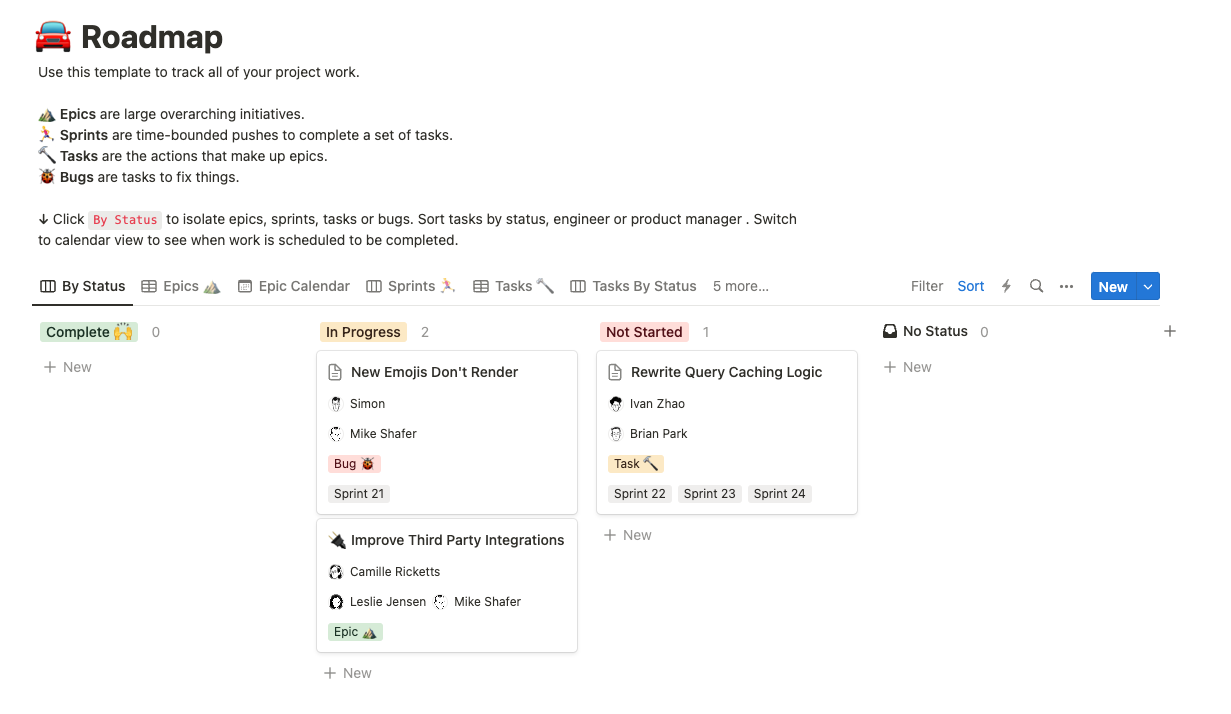
How to showcase your organizational skills during a job hunt
In today's competitive job market, where recruiters often spend just a brief moment reviewing each application, featuring your organizational skills help you gain their attention. Here are two key areas where you can show off these skills.
On your resume
An organizational skills resume should be carefully crafted to make your strengths stand out from the crowd. Consider the following:
Use action verbs — start bullet points with action verbs (e.g., "Managed a team of 10 employees," "Organized weekly meetings," "Implemented a new filing system") to describe your accomplishments.
Quantify results — whenever possible, include quantifiable results to demonstrate the impact of an organizational skill (e.g., "Increased project efficiency by 20% through improved task prioritization, resulting in a 15% reduction in project timelines").
Adapt your resume to the job description — make it easier for recruiters to find what's unique about you. Carefully read the job description and include keywords to match to demonstrate which of your skills align with the position.
Highlight relevant experience — tailor your resume to emphasize experiences that demonstrate your strong organizational skills. Describe how you efficiently adapted to a changing environment, optimized communications with your team, or coordinated cross-functional teams.
In a job interview
During a meeting, you can impress your interviewer by demonstrating your organizational abilities. Try the following:
Share real-world examples — provide specific past experiences where your organizational skills made a difference.
Discuss challenges — explain how you've overcome challenges through effective organization.
Ask informed questions — inquire about the company's expectations regarding the role and demonstrate how you can meet them by employing your skill set.
Take ownership of your organization with Notion
Now, it's time to act. Whether you aim to stand out in the job market with a great resume or improve your time management so you have more time to do the things you love, Notion can be your go-to platform to help you get around chaos.
Notion's templates offer a versatile and flexible way to organize your personal tasks, create , and from a busy workweek. Personalize these templates to your teams’ unique needs to stay organized and never let a to-do slip by again.

